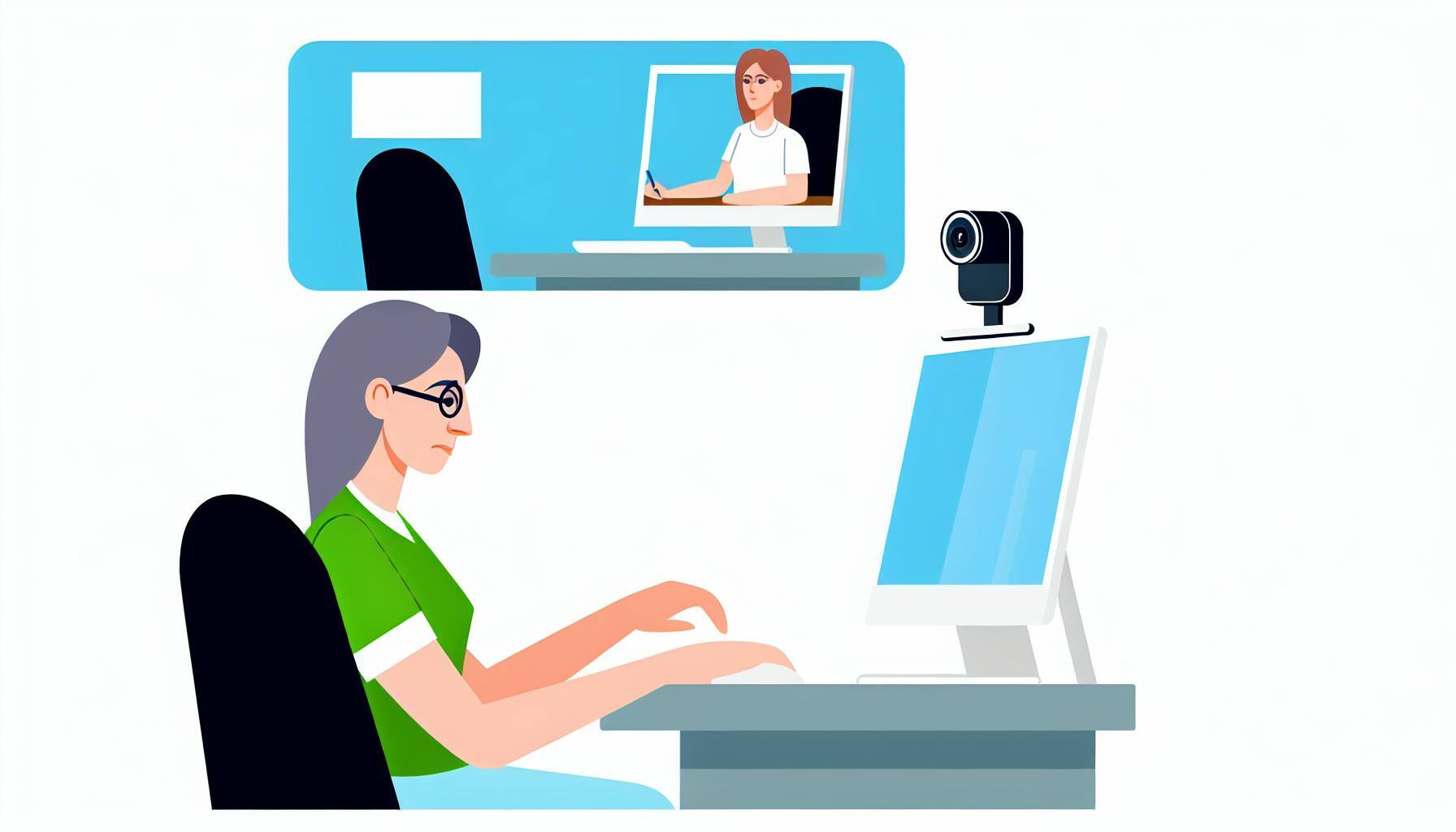
Online proctoring has been promoted as a vital tool in the world of remote education and certification. It involves the use of technology to supervise exams over the internet, ensuring that test-takers adhere to the rules and maintain academic integrity. However, as the demand for flexible learning environments grows, it becomes crucial to examine the real impact and limitations of online proctoring.
Benefits of Online Proctoring
-
Convenience and Flexibility: Online proctoring allows students to take exams from their homes, eliminating the need for travel and rigid scheduling. While this seems convenient, it also blurs the line between personal and professional spaces, potentially leading to increased stress and distractions during exams.
-
Enhanced Security: Advanced online proctoring systems claim to reduce cheating by using AI and machine learning to monitor test-takers. However, these systems are not foolproof and can generate false positives, unfairly penalizing honest students for innocent behaviors.
-
Cost-Effectiveness: For institutions, online proctoring can reduce the costs associated with administering exams. Yet, these savings may come at the expense of student privacy and comfort, as institutions offload the burden of maintaining secure exam environments onto students.
Limitations of Online Proctoring
-
Privacy Concerns: The use of webcams and monitoring software raises significant privacy issues. Students are understandably uncomfortable being watched in their personal spaces, and there are unresolved concerns about data security and the handling of recorded footage.
-
Technical Issues: Online proctoring is heavily reliant on technology, meaning technical problems such as internet connectivity issues, software glitches, or hardware failures can disrupt the exam process and add to the stress and anxiety experienced by students.
-
Accessibility Challenges: Not all students have access to the necessary technology or a suitable environment for taking exams at home. This can create an uneven playing field, disadvantaging those from less privileged backgrounds and potentially widening the education gap.
In conclusion, while online proctoring appears to offer some advantages in terms of convenience, security, and cost, the reality often falls short of these promises. The significant issues related to privacy, technical reliability, and accessibility suggest that alternative solutions, such as those provided by EXAMIND.io, could offer a more balanced and student-friendly approach to remote testing.